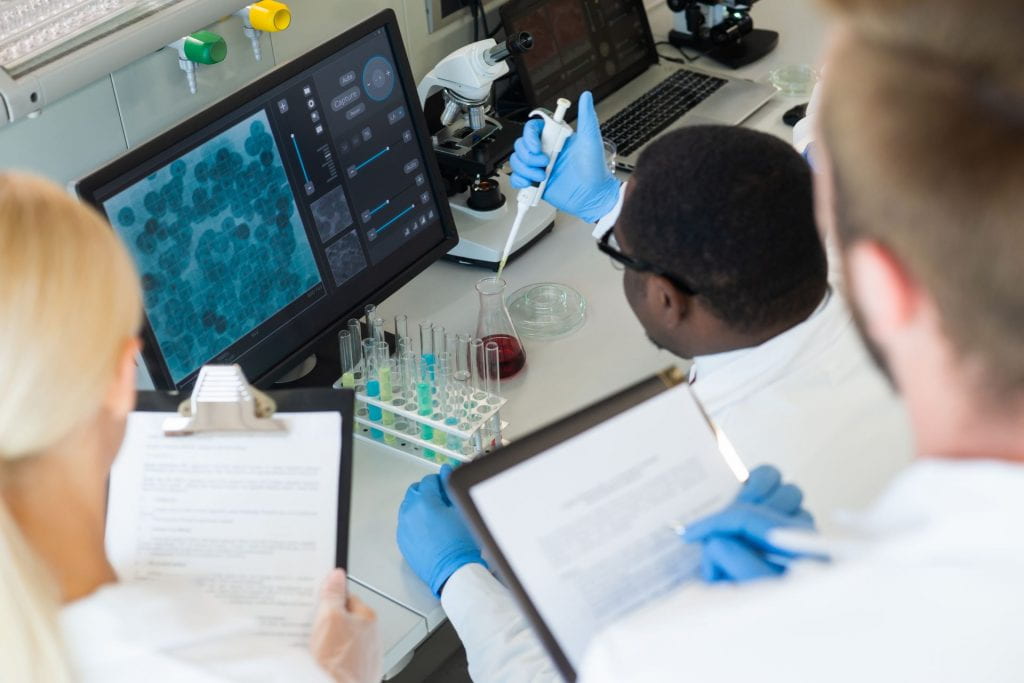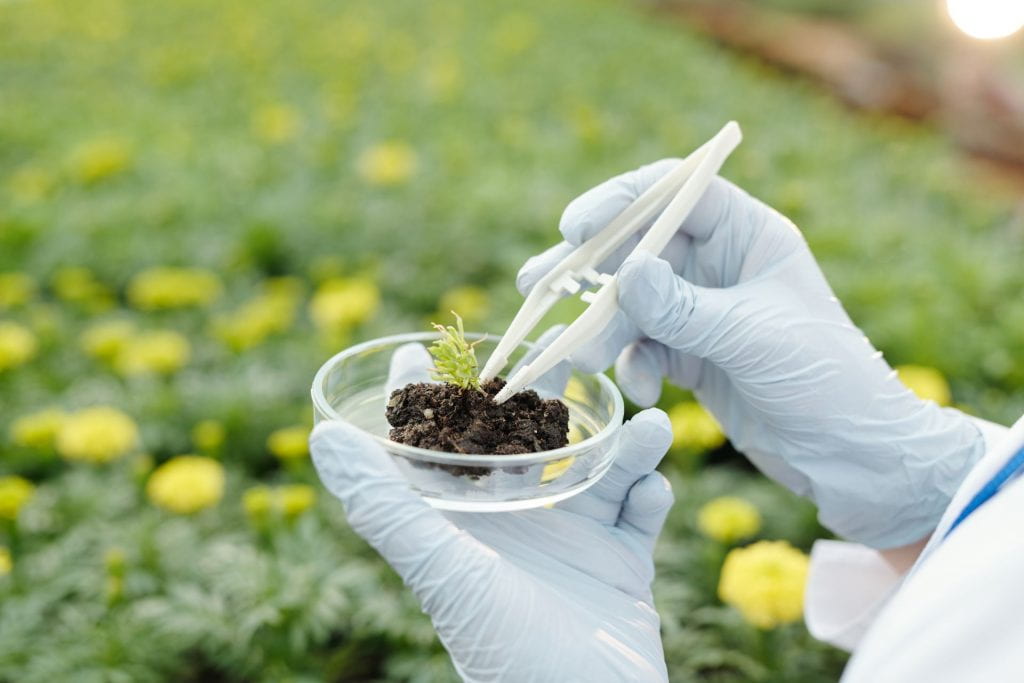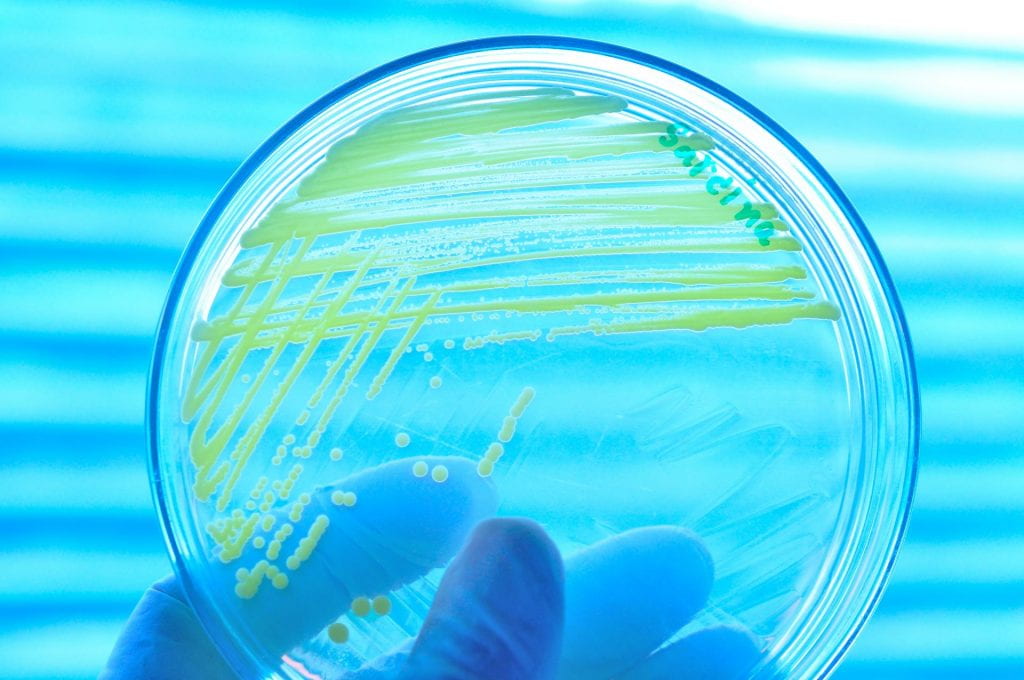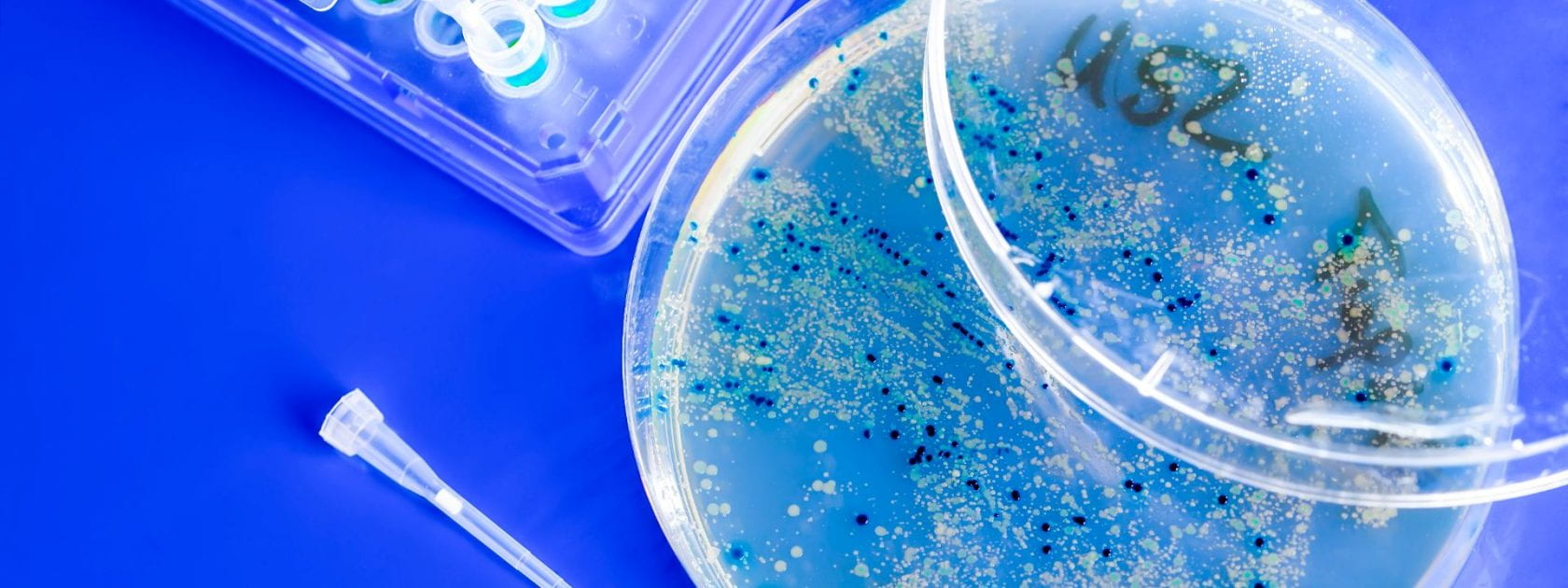We leverage the disciplinary and technical strengths of faculty, staff, and students at the University of Guelph —from microbiology, to environmental science, agriculture, bioinformatics, and “omics” techniques and analysis— to advance research in four areas:

Human and Animal Health and Disease
From the development of colorectal cancer biomarkers and therapeutics to the characterization of honeybee microbiome, Microbiomes At Guelph addresses human and animal health and disease from novel and integrated perspectives.

Plants, Soil, Agriculture, and Food
Microbiomes At Guelph supports environmental health, food security, and economic wellbeing by exploring and enhancing the complex and beneficial roles that microbes play in our soils, plant rhizosphere, and agricultural and food production.

Microbial Ecology
Microbiomes At Guelph pushes research boundaries to shed light on complex microbial community assemblies, intra and interspecific interactions, mediation of biogeochemical cycles, and pathogenesis, among other key microbial processes.

Computational and Ethical Approaches
Mathematical methods, statistical analysis, high performance computing, and bioinformatic approaches, as well as ethical approaches, come together in Microbiomes At Guelph to optimize our understanding of the microbiome and its applications.



